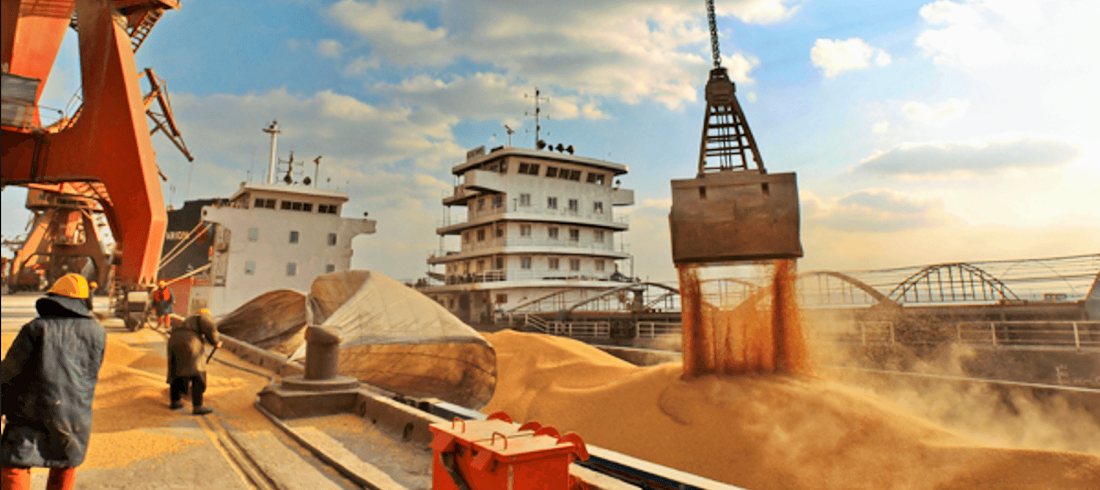
Brazilian soy exports forecast to reach 80 million tons in 2019/20 season
Jul, 02, 2020 Posted by Sylvia SchandertWeek 202027
According to consultancy StoneX (formerly INTL FCStone), Brazilian soybean exports are expected to total 80 million tons in the 2019/20 season. In its previous projection, made in June, the consultancy estimated a total of 77 million tons. The exchange rate and Chinese demand have boosted oilseed sales. In June alone, according to government data, exports reached almost 14 million tons.
When considering soy, bran, and soy oil exports, the sector should generate 32.6 billion dollars for Brazil in 2020, which is at similar levels to 2019. Brazil is the largest global producer and exporter of oilseed products. The following chart shows Brazilian soy exports to China and the rest of the world on a monthly basis:
Graphic source: DataLiner (To request a DataLiner demo click here)
Tracking
One of the largest exporters of Brazilian grain, Cofco International, a trading company in agricultural commodities owned by Chinese state-owned food company Cofco, has set a goal to track 100% of the soy it buys directly from farms in Brazil by 2023.
In the 2018/19 harvest, the company bought just over 6 million tons from Brazilian producers. There was a drop in the 2019/20 cycle, due to the lower demand from China due to the African swine fever, but the exact volume was not disclosed.
“Soy production can go hand in hand with the conservation of forests and native vegetation,” says Wei Peng, head of sustainability at Cofco International, in material released by the company. “We made our commitment to traceability public because we are prepared and we want to be held responsible for it,” says the executive.
According to data from Cofco, last year (harvest 2018/19) about 70% of the soy that originated in Mato Grosso and Matopiba (confluence between Maranhão, Tocantins, Piauí, and Bahia) was from direct suppliers. Cofco International has guaranteed that it is also working to advance the traceability of the farms from which it buys indirectly.
Sources: Reuters and Valor
-
Ports and Terminals
Jun, 05, 2020
0
New ship-loader at Maranhão grain terminal set to double capacity to 15 million tonnes per annum
-
Ports and Terminals
Aug, 02, 2022
0
Brazil’s TCP announces final phase of operating draft expansion
-
Economy
Dec, 02, 2022
0
Brazilian exports to Arab world exceed $14bln in 10M-22
-
Shipping
Oct, 06, 2020
0
MSC studies use of hydrogen and hydrogen-derived fuels


